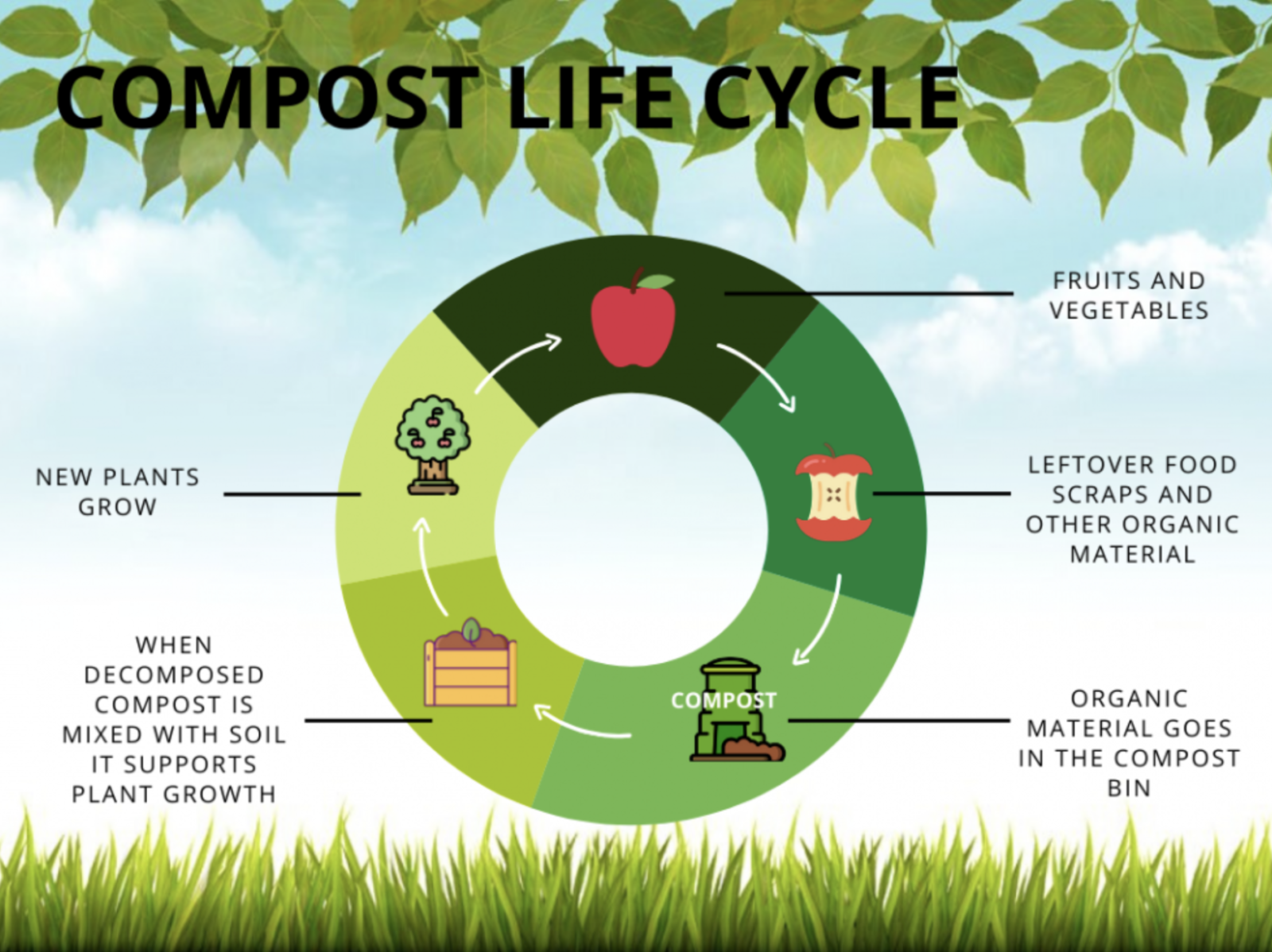NEW ZEALAND
Waiheke soil is typically referred to, as being so rock hard in summer, you can't get a spade into it, and then in winter, it is so wet and boggy, nothing will grow. These conditions do not lay the foundation for lush gardens, therefore, improving the soil in the garden has always been important for the garden team.
